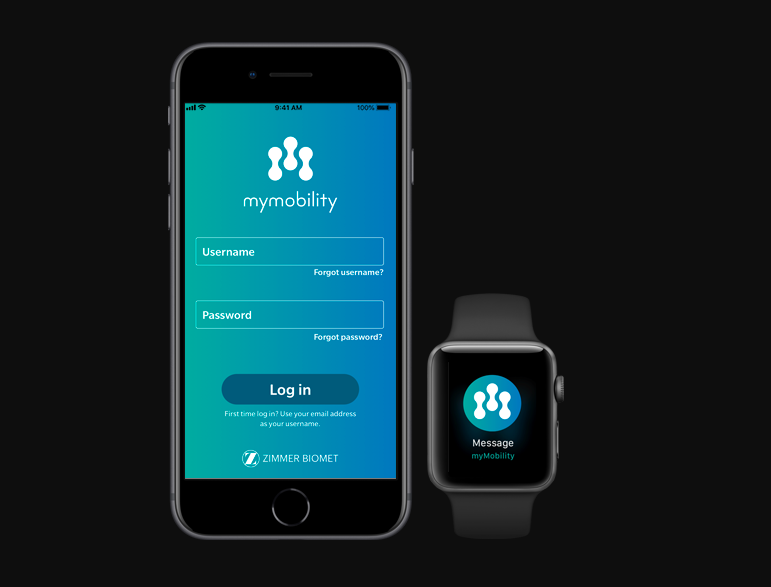The University of Utah health care system is always looking for new ways to make patient care simpler and more effective for their patients. This year, U health is teaming up with Apple and Zimmer Biomet (a medical device company) to create an app called “MyMobility.” The app will allow knee and hip replacement patients to track their recovery using their smartphone.
More than one million people get knee and hip replacements each year in the United States, and the surgery isn’t always successful. MyMobility will assist patients both before and after the surgery in helping them to prepare for the operation itself, recover from the surgery and go through rehab.
“The study begins 30 days prior surgery,” Dr. Christopher Pelt, a lead researcher on the project, told The Chronicle. “The patient will be given an Apple watch to participate in the study if they don’t already have one, which they can keep and use to participate in the study for the entire year of participation. The pairing of their phone, app and watch together will allow for the comprehensive pre-operation education and preparation program to begin to help get the patient ready prior to surgery.”
The Apple watch will provide patient feedback and data, allowing researchers to assess how technology can improve a patient’s health and cut down on costs. The researchers on the project believe this may be a way to revolutionize how they interact with and care for their patients.
“Following the surgery, a series of tasks, to-do lists, reminders, videos for exercises, questionnaires on how they are doing will all be sent,” Pelt explained. “The watch provides some of the information and reminders, and the rest is done on the phone. The additional features that the Apple watch offer include the ability to track activity (much like the Health app already does on the iPhone) but with added accuracy since it is on the body throughout the day, and then also adds heart monitoring to increase the level of understanding of the patient’s actual physiologic responses in the postoperative period.”
The patients will also be able to interact as needed with the surgical team.
“We hope that this technology can increase the level of patient education, understanding, engagement and interaction, which could lead to improved outcomes,” Pelt added. “Further, if the technology can begin to offer increased resources, without having to make trips to see the doctor or a physical therapist as frequently, perhaps we can start to decrease the costs of care in the postoperative period. If we see that the technology can improve outcomes AND decrease costs, there is a chance that we can impact the overall value of care that we provide patients.”
Even if patients aren’t tech savvy, they don’t need to worry. The research staff will help with any issues, and understanding the general functions of a cell phone should be plenty of background for any person going into the experiment.
The trial is just getting ready to begin enrollment. The study has a goal of enrolling up to 800 patients at the U. The study will begin 30 days before surgery and extend to a full year after the patient’s surgery so they can monitor long-term outcomes.
“This study represents some of the exciting innovations in healthcare today,” Pelt concluded. “The partnership of one of the largest consumer electronic companies and one of the largest orthopedic implant suppliers along with research being done at academic medical centers like ours exemplifies the opportunities that are exciting in healthcare and demonstrates why we do what we do in academic medicine.”
U health is looking for 800 patients who may be interested in participating in this study. For more information, click here.


